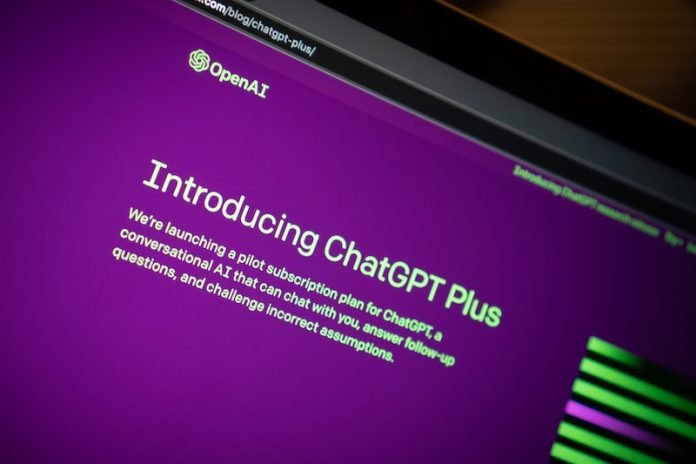
Have you ever talked with a robot? Not just any robot, but an “AI chatbot”.
It means the robot can think, learn and talk like a person. OpenAI has made one named ChatGPT. ChatGPT is a special robot. It can talk to people about many things, even health.
A group of smart people from NYU wanted to see how good ChatGPT is. They wanted to see if it could answer health questions as well as real doctors.
What Did The Researchers Do?
The NYU group gathered 392 people for their study. They were all different: young, old, male, female. They were given ten questions that patients often ask doctors.
For each question, there were two answers. One answer came from a real doctor. The other came from ChatGPT, the robot. People in the study didn’t know who gave which answer. They had to guess.
They also had to say how much they trusted the robot’s answers. They used a scale from 1 to 5. Number 1 meant “I don’t trust it at all”. Number 5 meant “I trust it completely”.
The Results of the Study
When the researchers looked at the results, they were surprised. People couldn’t tell the robot’s answers from the doctor’s answers. They guessed right about 65% of the time for both.
People also said they trusted the robot, but not for everything. On average, people gave the robot a trust score of 3.4 out of 5. This is like saying “It’s okay, but could be better”.
The Power of Trust
Trust was important. It changed depending on what the question was about.
People trusted the robot most when it answered simple questions. Like making doctor’s appointments or answering questions about insurance. They gave it a trust score of 3.94. This is almost 4, which is pretty good!
People also trusted the robot for advice on staying healthy. Like getting vaccines or doing cancer checks. Here, they gave it a trust score of 3.52. Not bad!
But when the robot gave advice about diagnosing and treating sickness, people trusted it less. They gave it a trust score of only 2.9. This means they were not very confident.
What Does This Mean for the Future?
This study tells us that robots can help doctors talk to patients. Especially for simple things like making appointments. But when it comes to important advice about sickness, people still want to hear from real doctors.
However, robots like ChatGPT are still learning. They may become better at giving advice in the future. But we need to be careful. Robots are not humans. They do not have feelings.
They do not understand what it is like to be sick. We should always remember this when we talk to them.
Learning More about AI Robots
AI Robots like ChatGPT are not just found in studies. They are everywhere! You may have talked to one when you called your phone company. Or when you asked your smart speaker to play music.
AI robots can do many things. But they can’t do everything. They are tools. They are made to help us. But we still need humans. We still need doctors. They are the ones who really understand us.
A Final Word
In the end, robots can help us, but they cannot replace us. They are good at some things, like answering simple questions. But they are not so good at other things, like giving advice about sickness.
We need to remember this. We need to use robots wisely. They are here to help us, not to replace us. If we remember this, we can have a bright future with our robot friends.
The study was published in JMIR Medical Education.
Follow us on Twitter for more articles about this topic.
Copyright © 2023 Knowridge Science Report. All rights reserved.



